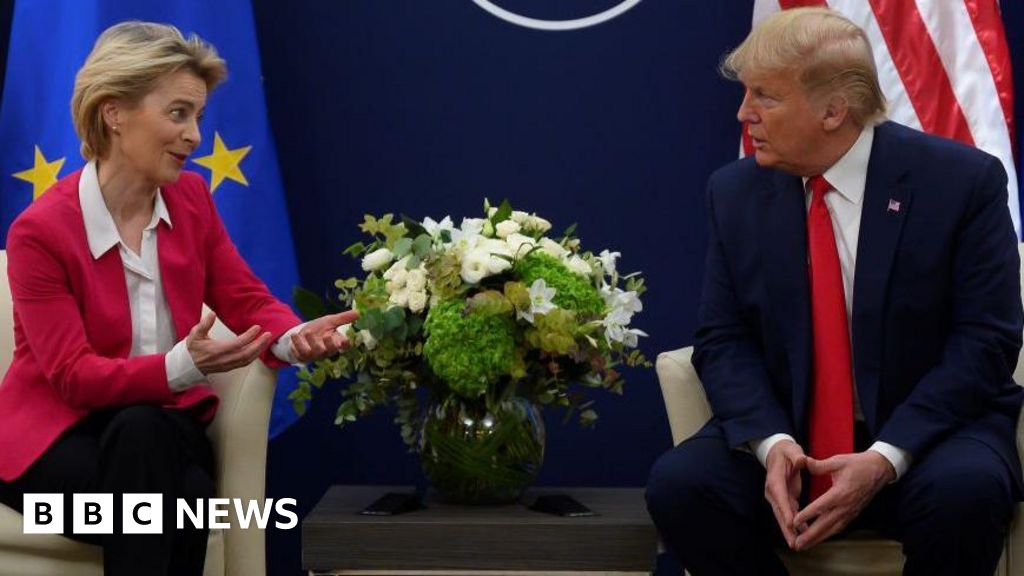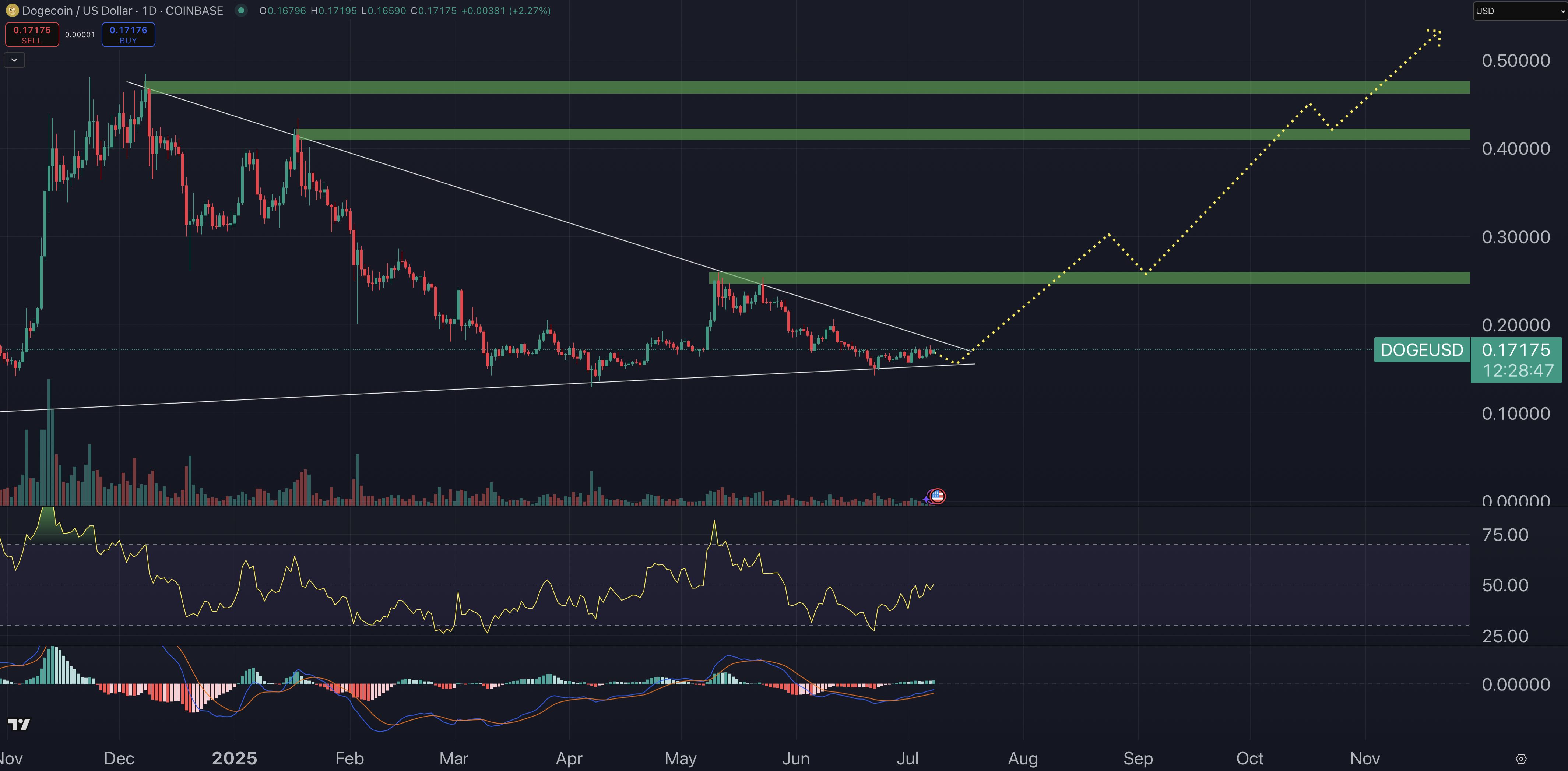Receive free Bangladesh updates
We’ll send you a myFT Daily Digest email rounding up the latest Bangladesh news every morning.
Tensions are rising between Bangladesh and the west as the US pressures prime minister Sheikh Hasina’s authoritarian government to ensure the integrity of upcoming elections.
Sheikh Hasina, who has been in power since 2009, has cracked down on political opposition and curtailed democratic freedoms in what analysts say is an attempt to sway the outcome of the polls, which are expected by January.
The US last month imposed visa restrictions on an unspecified number of Bangladeshis for “undermining the democratic election process”. Members of law enforcement, the ruling party, and the political opposition were among those included, the US state department said.
Britain has also pressed Sheikh Hasina’s government to ensure elections are “free, fair, participatory and peaceful”.
Bangladesh’s government has pushed back against western censure. Foreign minister AK Abdul Momen said the visa policy was Washington’s “prerogative” but in an interview with the Financial Times in Dhaka last month, he dismissed criticism of the election build-up as “false propaganda on Bangladesh”, comparing it with western interventions in Iraq and elsewhere.
“Look at Iraq, what did you do, in the name of false propaganda?” he said, suggesting that some in the west might want to “make chaos” in Bangladesh.
After the visa restrictions were imposed, Momen told the FT that he had been exhorting world leaders to “check their facts correctly” with regard to the situation in Bangladesh.
“Unfortunately, today people are hard-pressed for time and don’t have a habit of reading,” he said while in the US to attend the UN General Assembly.
He added that relations with US president Joe Biden and secretary of state Antony Blinken were nonetheless “very good”.
Any tension in relations could spill into regional geopolitics. Sheikh Hasina has sought to promote the country of 170mn as a development success, largely on the back of its enormous garment sector, which relies on exports to the US and Europe. She has also cultivated closer ties with India and China.

The country’s domestic politics have been marred by a decades-long, often bloody rivalry between her Awami League and the rival Bangladesh Nationalist party. Sheikh Hasina’s previous re-elections, in 2014 and 2018, were dogged by low participation and allegations of electoral manipulation.
The US state department said its visa penalties reflected “concerns where we see actions that undermine democracy and human rights in Bangladesh”, adding that it supported “the desire of the people of Bangladesh to freely choose their leaders”.
A previous round of US sanctions in 2021 targeted Bangladesh’s Rapid Action Battalion, a police unit accused of disappearances and extrajudicial killings.
Michael Kugelman, a senior associate at the Washington-based Wilson Center think-tank, said Washington’s pressure over the elections was part of a regional strategy to limit China’s influence by promoting democracy as an alternative to authoritarian governments.
“The Biden administration has made Bangladesh a test case for its values-based foreign policy,” he said. “It’s a big gamble . . . If Dhaka starts to feel increasingly boxed in by Washington, it could be tempted to gravitate closer to China.”
Kugelman said retaining power could be existential for Sheikh Hasina, who also ruled Bangladesh from 1996 to 2001. Under Awami League rule, senior BNP leaders have been hounded by legal cases and thousands of activists arrested.
If the Awami League loses power, “they would likely be subjected to ferocious campaigns of retributive politics . . . much like what the ruling party has meted out to the opposition”, he said.
“The threat of US visa restrictions won’t deter Awami League leaders if they’re bent on holding on to power at all costs.”
Credit: Source link











